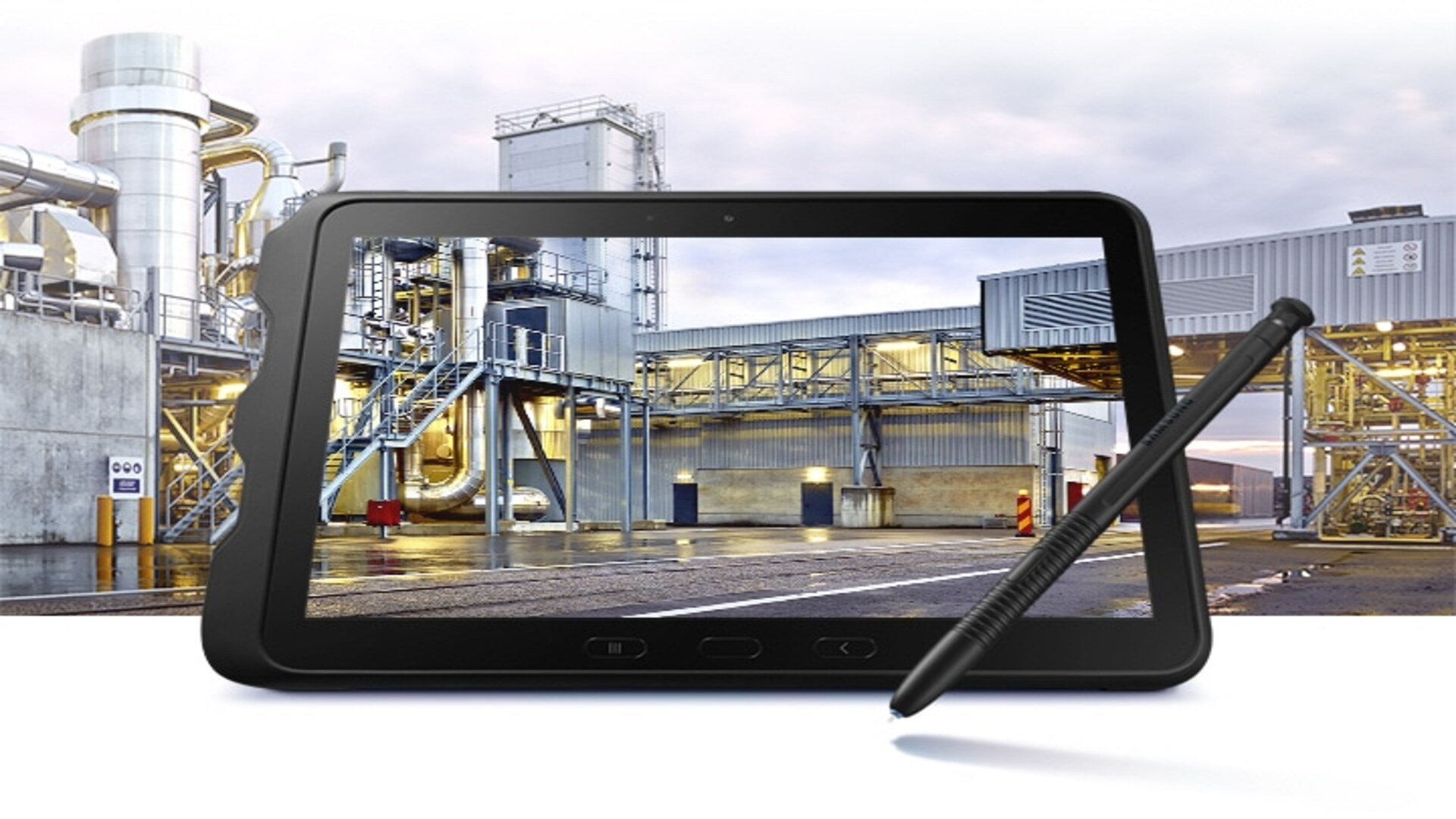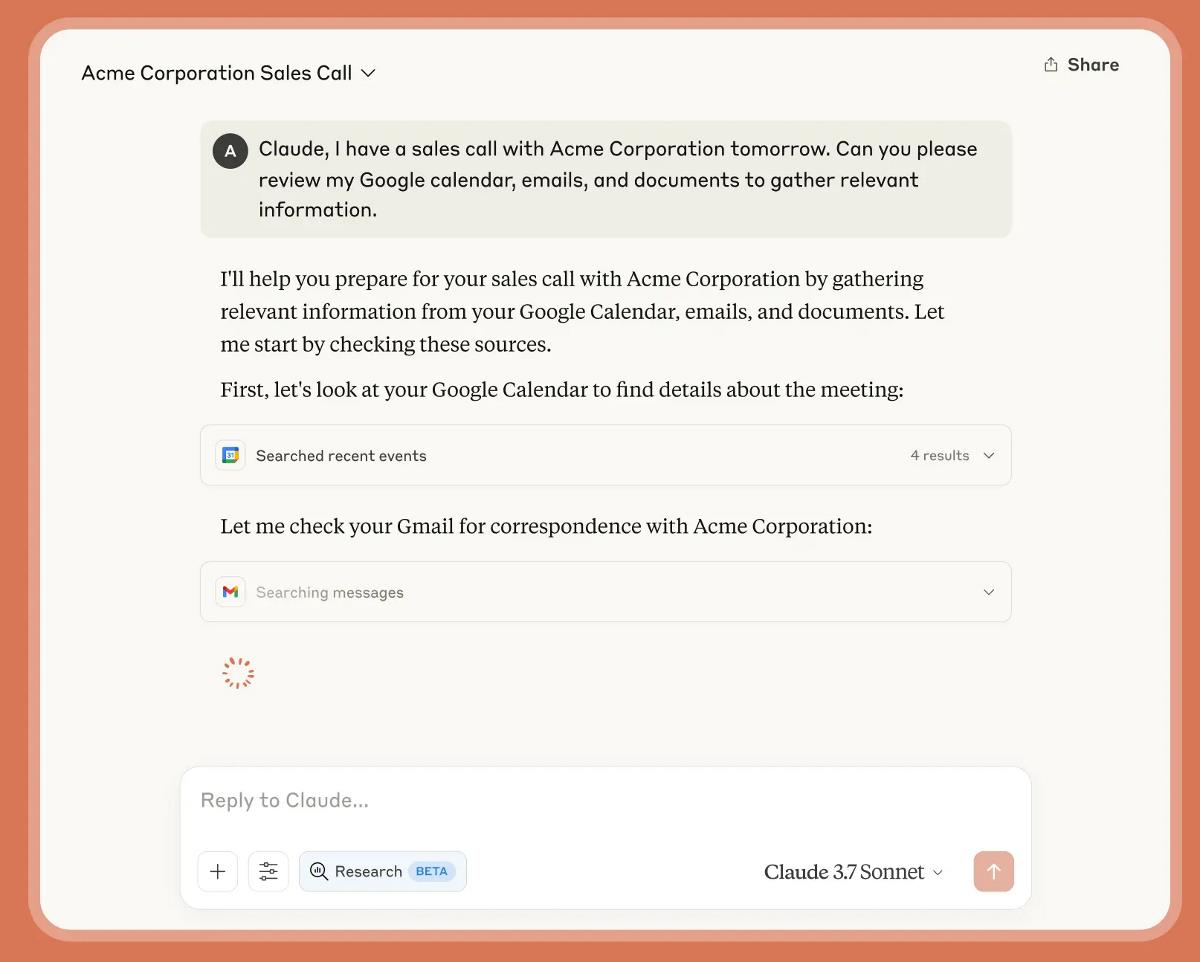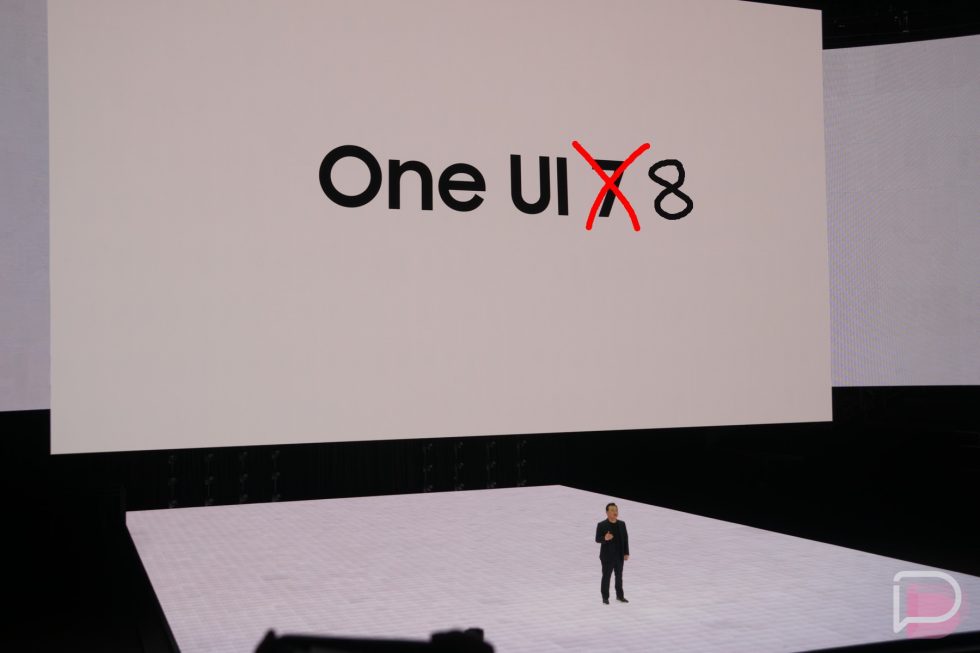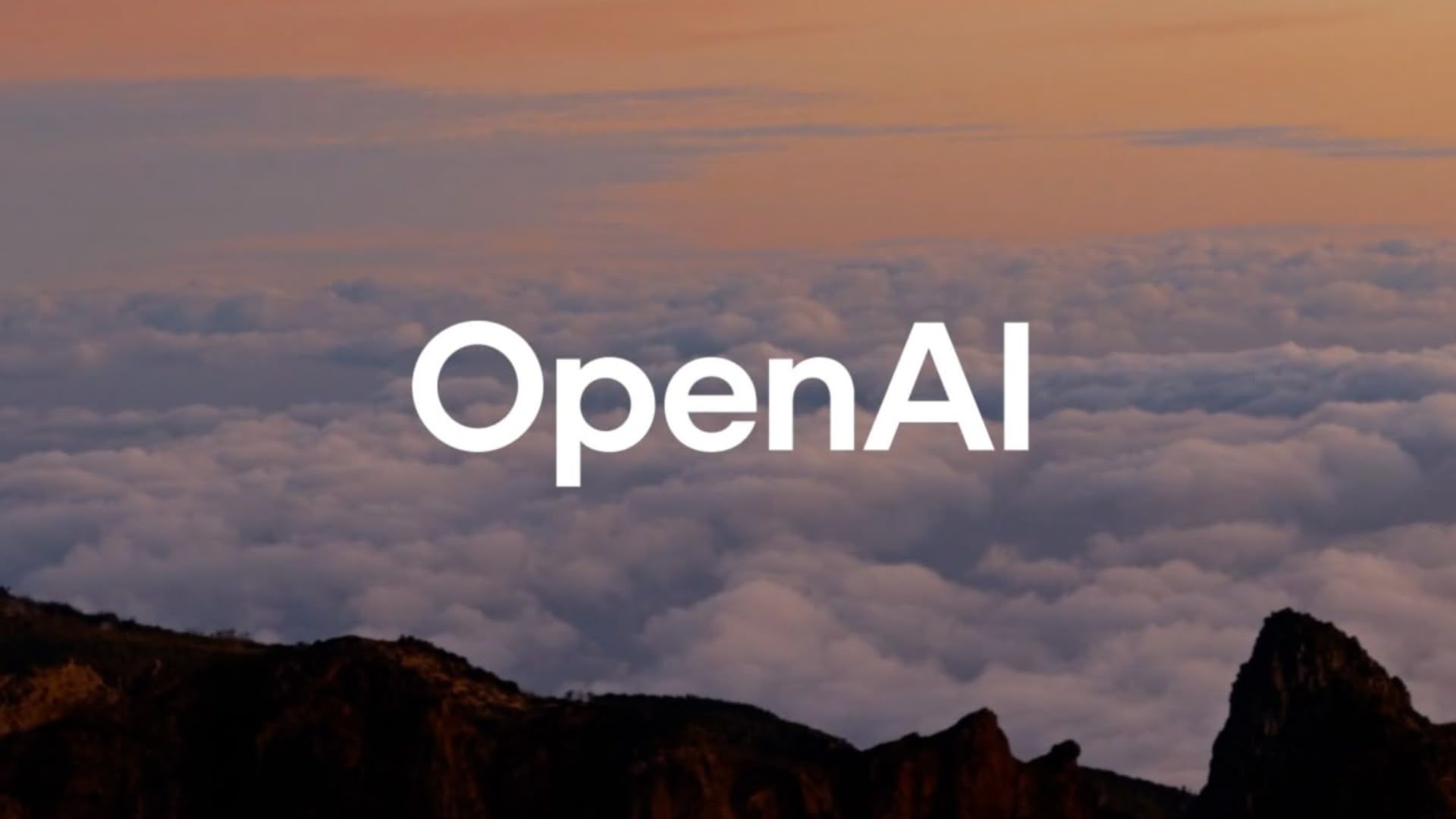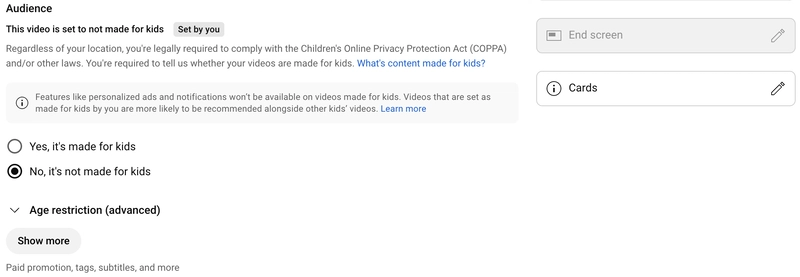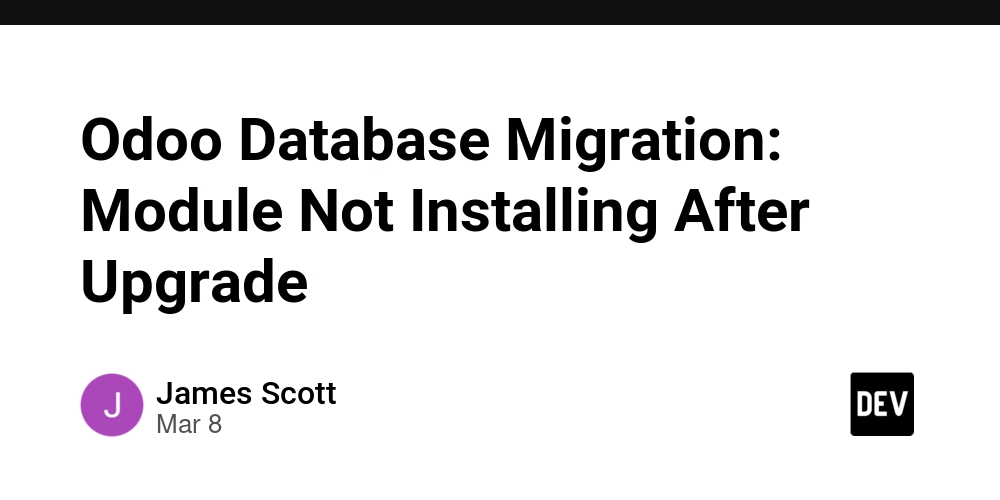Key Skills for an ISO 22301:2019 Lead Implementer
With the business world being increasingly unpredictable today, ensuring operational continuity is essential for all organizations. The ISO 22301:2019 standard offers a systematic method for Business Continuity Management Systems (BCMS). A certified ISO 22301 Lead Implementer is instrumental in developing, managing, and enhancing these systems. But it takes more than book knowledge to succeed in this position. Technical knowledge, leadership skills, and implementation skills are all needed. Let's discuss the most critical skills every ISO 22301:2019 Lead Implementer should possess. Strong Understanding of Business Continuity Principles Central to ISO 22301 is the capability to maintain business functions intact throughout and after an interruption. A Lead Implementer should have comprehensive knowledge of business continuity concepts, such as risk assessment, impact analysis, recovery planning, and continuity planning. They must be capable of applying these tenets to the particular requirements of the organization to ensure compliance as well as safeguarding business interests. Profound Familiarity with ISO 22301 Requirements A successful Lead Implementer should be fully aware of the ISO 22301:2019 clauses and controls. This includes comprehension of the organization context, leadership commitment, planning, support, operation, performance evaluation, and continuous improvement. Familiarity with each requirement allows the implementer to develop a sound BCMS that aligns with certification requirements and ensures long-term business resilience. Risk Assessment and Business Impact Analysis (BIA) Identifying risks and their impact is one of the most important steps in BCMS implementation. Every Lead Implementer must have the capability to perform thorough risk assessments and BIA. This competence assists in the identification of threats such as cyberattacks, natural catastrophes, or supply chain disruptions, and preparation of mitigation or recovery plans in accordance. Project Management Capabilities ISO 22301 implementation is not a single activity—it's a large-scale project with multiple phases and stakeholders. Hence, project management skills are essential. A good Lead Implementer must be able to prepare project timelines, assign resources, coordinate with departments, and deliver deadlines. Knowledge of tools such as Gantt charts or project planning software can be an added benefit. Leadership and Communication Skills An ISO 22301 Lead Implementer should be a good team leader and communicator. He/she should educate, train, and influence stakeholders at all organizational levels. This would involve communicating BCMS advantages to the top management, leading department heads through risk planning, and training employees on continuity procedures. Good communication and leadership generate confidence and cooperation, and thus implementation becomes easier. Problem-Solving and Decision-Making Skills During the implementation journey, unexpected challenges and decisions are inevitable. Whether it's a lack of resources, resistance from staff, or technical hurdles, the Lead Implementer must solve problems quickly and effectively. Having a structured problem-solving mindset, backed by strong analytical and decision-making skills, ensures the project remains on track despite setbacks. Audit and Compliance Knowledge Knowing how to prepare for an ISO 22301 audit is central to the implementer's function. These involve internal audits, document control, tracking compliance, and evidence gathering. Audit procedure knowledge keeps the organization poised and prepared for certification and maintains ongoing compliance through continuous monitoring and review. Documentation and Record Management Skills Adequate documentation is the strength of a BCMS. The Lead Implementer should have the capability to establish and administer key documents such as the business continuity policy, risk register, incident response plans, training records, and test results. These documents not only aid in certification but also help in real-life disruptions. Training and Awareness Creation Deploying a BCMS is not an individual activity—it is for the whole organization. Therefore, a Lead Implementer should have expertise in designing training programs, awareness campaigns, and performing mock drills. The intention is to infuse continuity awareness in the organizational culture so that all employees understand their role during a crisis. Adaptability and Continuous Improvement Mindset ISO 22301:2019 requires ongoing improvement. The Lead Implementer should be receptive to feedback, tracking results, and refining approaches. They should also remain informed about industry trends, regulatory updates, and emerging threats. An adaptive mindset ensures that the BCMS keeps pace with the business and continues to be effective in a changing risk environment. To become a successful ISO 22301:2019 Lead Implementer, one needs a specia
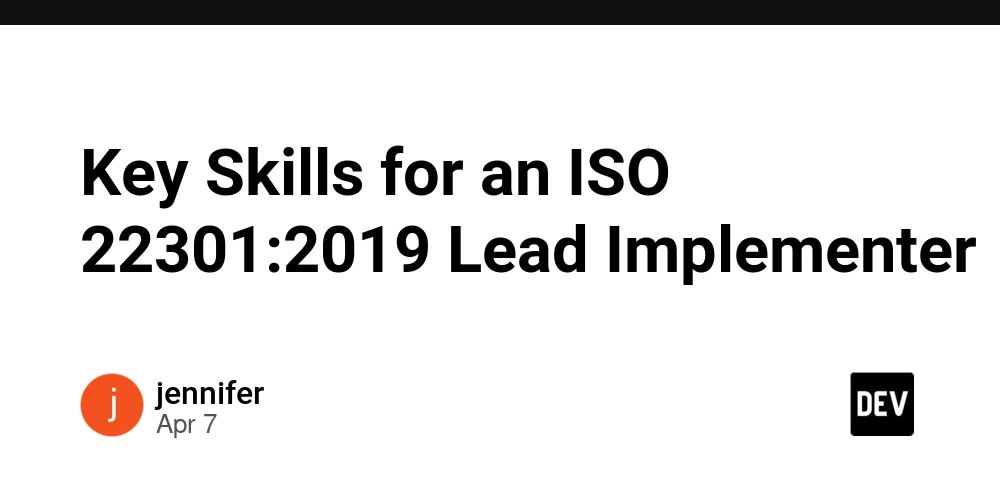
With the business world being increasingly unpredictable today, ensuring operational continuity is essential for all organizations. The ISO 22301:2019 standard offers a systematic method for Business Continuity Management Systems (BCMS). A certified ISO 22301 Lead Implementer is instrumental in developing, managing, and enhancing these systems. But it takes more than book knowledge to succeed in this position. Technical knowledge, leadership skills, and implementation skills are all needed. Let's discuss the most critical skills every ISO 22301:2019 Lead Implementer should possess.
-
Strong Understanding of Business Continuity Principles
Central to ISO 22301 is the capability to maintain business functions intact throughout and after an interruption. A Lead Implementer should have comprehensive knowledge of business continuity concepts, such as risk assessment, impact analysis, recovery planning, and continuity planning. They must be capable of applying these tenets to the particular requirements of the organization to ensure compliance as well as safeguarding business interests.- Profound Familiarity with ISO 22301 Requirements A successful Lead Implementer should be fully aware of the ISO 22301:2019 clauses and controls. This includes comprehension of the organization context, leadership commitment, planning, support, operation, performance evaluation, and continuous improvement. Familiarity with each requirement allows the implementer to develop a sound BCMS that aligns with certification requirements and ensures long-term business resilience.
Risk Assessment and Business Impact Analysis (BIA)
Identifying risks and their impact is one of the most important steps in BCMS implementation. Every Lead Implementer must have the capability to perform thorough risk assessments and BIA. This competence assists in the identification of threats such as cyberattacks, natural catastrophes, or supply chain disruptions, and preparation of mitigation or recovery plans in accordance.Project Management Capabilities
ISO 22301 implementation is not a single activity—it's a large-scale project with multiple phases and stakeholders. Hence, project management skills are essential. A good Lead Implementer must be able to prepare project timelines, assign resources, coordinate with departments, and deliver deadlines. Knowledge of tools such as Gantt charts or project planning software can be an added benefit.Leadership and Communication Skills
An ISO 22301 Lead Implementer should be a good team leader and communicator. He/she should educate, train, and influence stakeholders at all organizational levels. This would involve communicating BCMS advantages to the top management, leading department heads through risk planning, and training employees on continuity procedures. Good communication and leadership generate confidence and cooperation, and thus implementation becomes easier.Problem-Solving and Decision-Making Skills
During the implementation journey, unexpected challenges and decisions are inevitable. Whether it's a lack of resources, resistance from staff, or technical hurdles, the Lead Implementer must solve problems quickly and effectively. Having a structured problem-solving mindset, backed by strong analytical and decision-making skills, ensures the project remains on track despite setbacks.Audit and Compliance Knowledge
Knowing how to prepare for an ISO 22301 audit is central to the implementer's function. These involve internal audits, document control, tracking compliance, and evidence gathering. Audit procedure knowledge keeps the organization poised and prepared for certification and maintains ongoing compliance through continuous monitoring and review.Documentation and Record Management Skills
Adequate documentation is the strength of a BCMS. The Lead Implementer should have the capability to establish and administer key documents such as the business continuity policy, risk register, incident response plans, training records, and test results. These documents not only aid in certification but also help in real-life disruptions.Training and Awareness Creation
Deploying a BCMS is not an individual activity—it is for the whole organization. Therefore, a Lead Implementer should have expertise in designing training programs, awareness campaigns, and performing mock drills. The intention is to infuse continuity awareness in the organizational culture so that all employees understand their role during a crisis.Adaptability and Continuous Improvement Mindset
ISO 22301:2019 requires ongoing improvement. The Lead Implementer should be receptive to feedback, tracking results, and refining approaches. They should also remain informed about industry trends, regulatory updates, and emerging threats. An adaptive mindset ensures that the BCMS keeps pace with the business and continues to be effective in a changing risk environment.
To become a successful ISO 22301:2019 Lead Implementer, one needs a special combination of technical expertise, business acumen, and interpersonal skills. It's not merely a matter of checking boxes for certification—it's about creating an organization that is resilient and can weather disruptions and bounce back rapidly. By acquiring these key skills, professionals can not only guarantee a successful implementation but also long-term operational resilience and stakeholder trust.
For more details, visit GSDC Certified ISO 45001 Lead Implementer
Contact us :- 41444851189










































































































































































![[The AI Show Episode 144]: ChatGPT’s New Memory, Shopify CEO’s Leaked “AI First” Memo, Google Cloud Next Releases, o3 and o4-mini Coming Soon & Llama 4’s Rocky Launch](https://www.marketingaiinstitute.com/hubfs/ep%20144%20cover.png)















































































































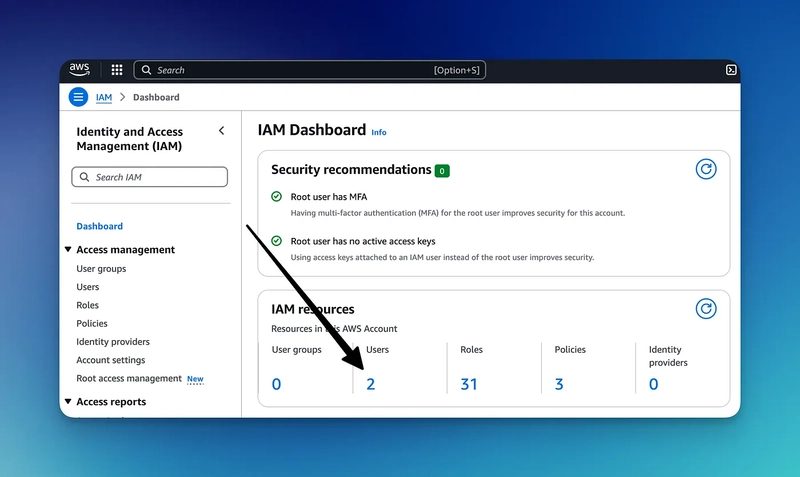

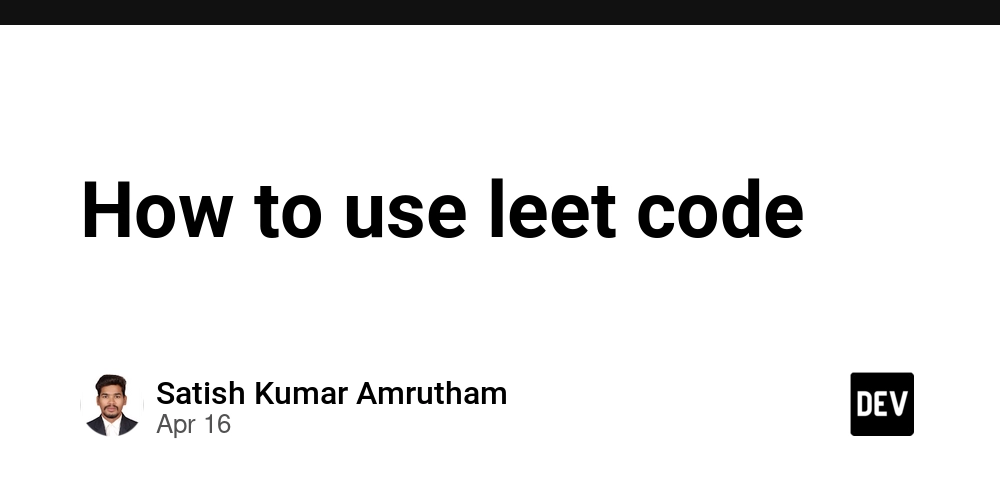























































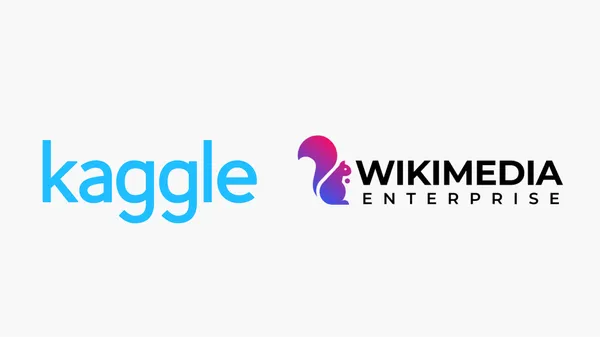


























![GrandChase tier list of the best characters available [April 2025]](https://media.pocketgamer.com/artwork/na-33057-1637756796/grandchase-ios-android-3rd-anniversary.jpg?#)












































.png?width=1920&height=1920&fit=bounds&quality=70&format=jpg&auto=webp#)









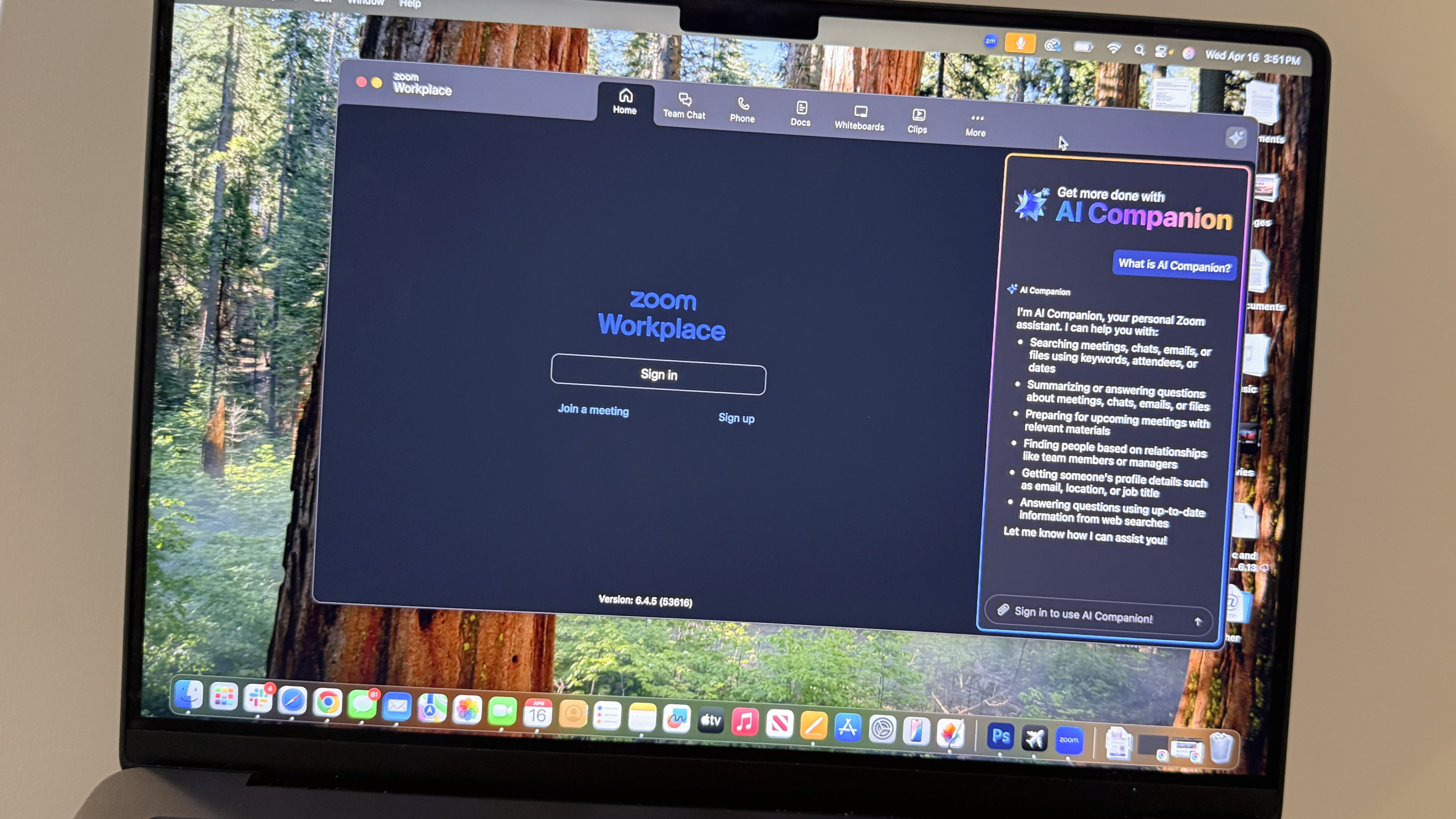


































































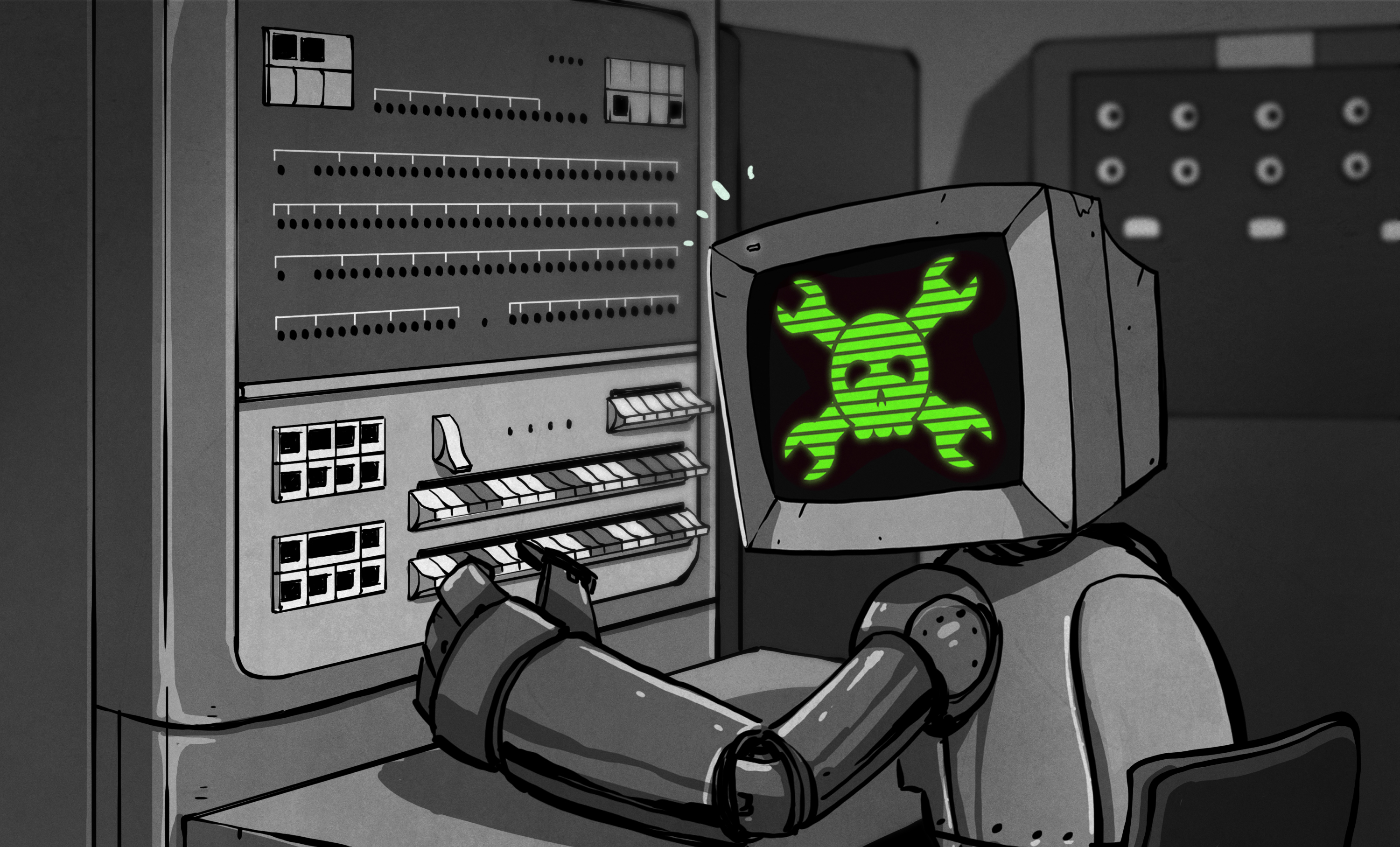



















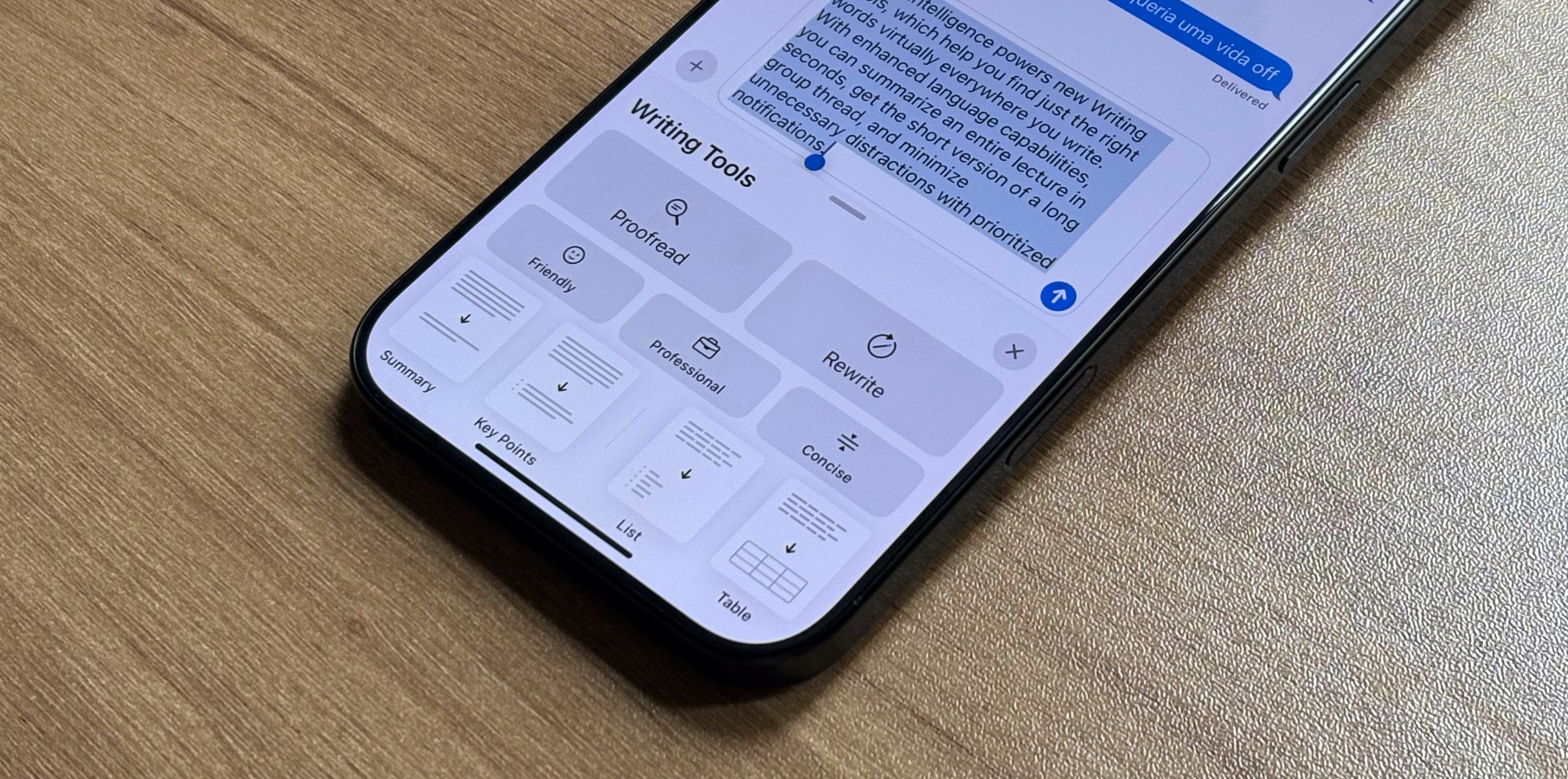





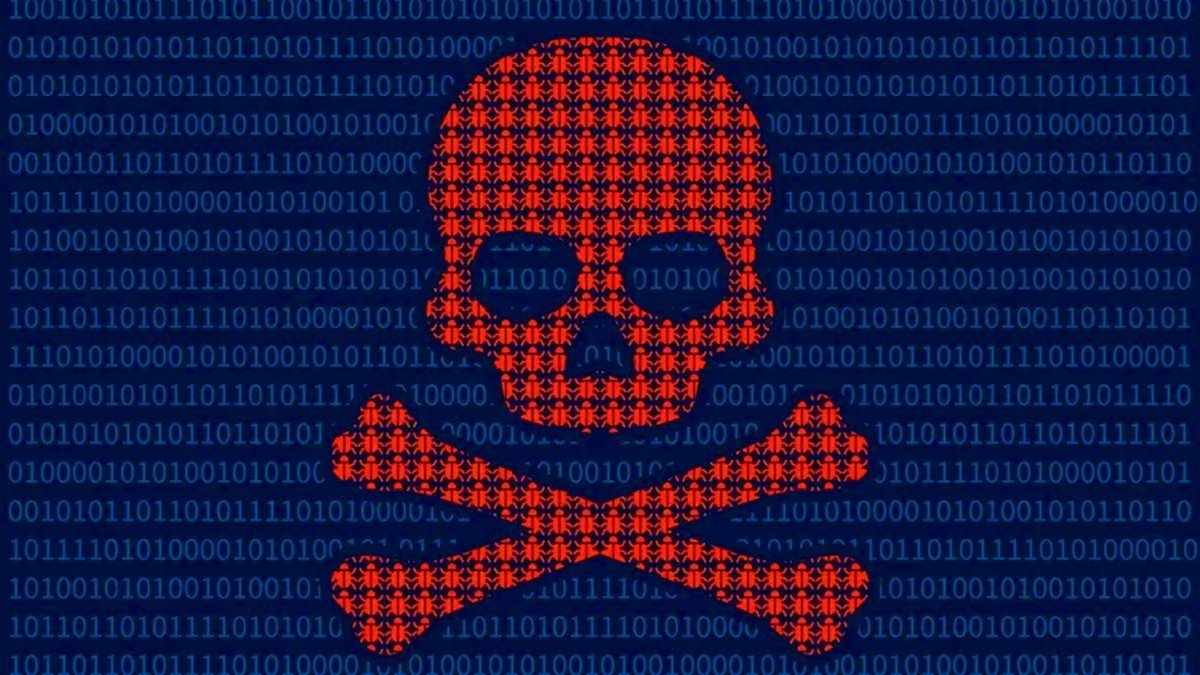
![Global security vulnerability database gets 11 more months of funding [u]](https://photos5.appleinsider.com/gallery/63338-131616-62453-129471-61060-125967-51013-100774-49862-97722-Malware-Image-xl-xl-xl-(1)-xl-xl.jpg)


























![Apple Shares New 'Mac Does That' Ads for MacBook Pro [Video]](https://www.iclarified.com/images/news/97055/97055/97055-640.jpg)

![Apple Releases tvOS 18.4.1 for Apple TV [Download]](https://www.iclarified.com/images/news/97047/97047/97047-640.jpg)
![Apple Releases macOS Sequoia 15.4.1 [Download]](https://www.iclarified.com/images/news/97049/97049/97049-640.jpg)















